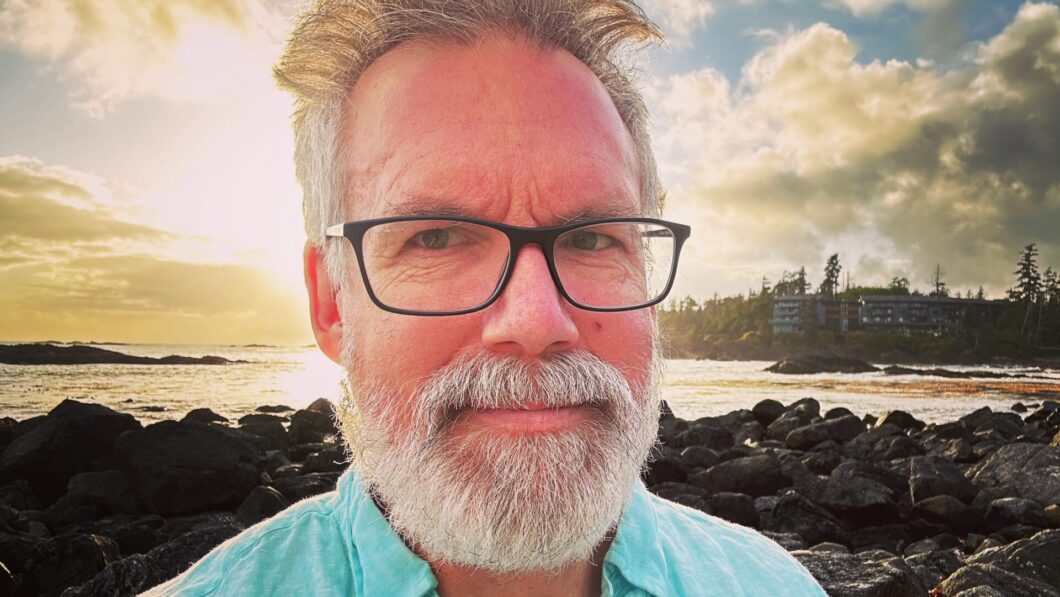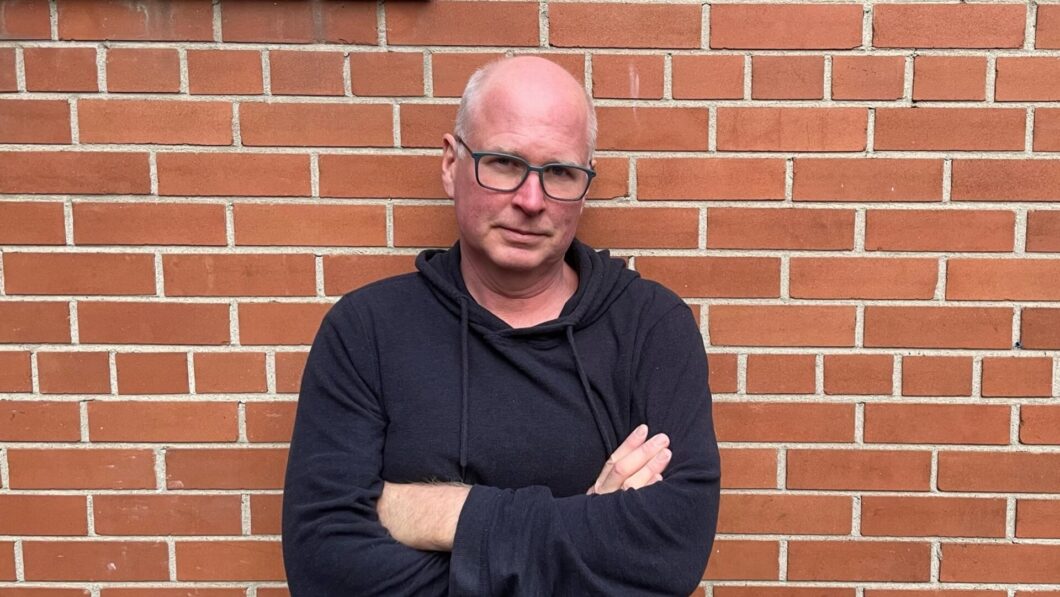A journalist who was diagnosed with Post Traumatic Stress Disorder (PTSD) after covering several humanitarian and environmental disasters says it’s difficult to separate what he reports and his own humanity.
“Being as empathetic as I am made me a better journalist because I was able to identify with people, take their stories, and treat them with respect and seriousness that I would hope somebody would do for me if I were in that position,” Curt Petrovich, a journalist who worked for CBC for more than 37 years, told the Toronto Observer.
“But the flip side of being empathetic is that I took it on, it became my own burden psychologically.”

Petrovich, 61, was diagnosed with post-traumatic stress disorder (PTSD) after he documented casualties of Typhoon Haiyan in the Philippines in 2013. He covered Somali refugees in Kenya in 2012 a few months after covering the tsunami in Japan.
Petrovich found himself unable to stop crying during his time in the Philippines, according to Lost on Arrival: Me, the Mounties & PTSD, the documentary that captures Petrovich’s struggle and effort to recover from PTSD.
‘His emotion was absolutely blank’
His wife witnessed that Petrovich did not communicate with his family, and his emotions seemed to fade away after coming back from the Philippines.
“The Curt that I got home after the Philippines was a zombie,” Yvette Brend said in the documentary, “His emotion was absolutely blank. His eyes were a different colour.”
“I started worrying that, no wonder this leads to suicide. Even if you’re not having nightmares about horrific things, how can you live the next 20, 30, 40 years without ever feeling joy?” she said.
Lack of adequate trauma training for journalists: prof
Dave Seglins, a CBC investigative journalist who advocates for mental health in newsrooms was one of the researchers who conducted the Taking Care Survey, which shows that 21 per cent of media workers were diagnosed with depression while 4.7 per cent of Canadians were diagnosed with it. The survey shows that more female journalists than male journalists have been diagnosed with anxiety and depression.
There is a significant difference between journalists and other front-line occupations that might pose a potential risk to mental health, according to a professor who has studied journalists and mental health for more than 20 years.
“[Journalists] don’t get trained when it comes to dealing with dangerous situations. But they have to confront danger,” Anthony Feinstein, a professor of psychiatry at the University of Toronto, said.
Other first responders are trained to handle stressful situations with programs like The Road to Mental Readiness (R2MR) program, which is administered to the Canadian Armed Forces, and has been adapted for firefighters so they can recognize signs of mental health conditions and learn techniques to cope with stress and enhance resilience.

While it is acknowledged that journalists are not provided with training, the stigma surrounding mental health persists within the industry.
Petrovich said the fear of negative consequences from telling his boss was one of the hurdles in speaking up about his own mental health.
“Acknowledging that you have been affected by an incident is essentially telling your bosses that your career is over,” Petrovich said.
According to the Taking Care Survey, more than half of the respondents indicated that they feel they cannot decline uncomfortable stories due to a fear of professional consequences.
Media industry’s culture hinders discussions on mental health
But Seglins said that talking about mental health is not a weakness — it can be a strength.
“You flip it on its head, because for so long it’s been thought of as, if I’m affected mentally somehow, that’s weakness,” Seglins said. “I actually believe that being aware, being willing to confront, deal with, and address your own mental health is actually going to make you a stronger, better journalist.”
Seglins said the survey result needs to be interpreted with specific concerns when it comes to gender.
“Journalism has traditionally been very macho and male-dominated,” Seglins said. “It was actually a badge of honour and bravado to be able to confront and report on difficult topics without appearing to have any emotional impact.”
Men often face difficulty speaking about their mental health, an advocate for men’s mental health said.
Recommendations for news industry
Joe Lyons-Rising, the chief empathy officer and the founder of Data Gives Back, said at a Movember Men’s Mental Health Mixer last November that three out of four suicides in Canada are men.
The Taking Care Report outlined nine recommendations to enhance journalists’ mental wellness, including education.
Other recommendations include launching peer support programs and improving the culture in newsrooms. Seglins mentioned that improving education and training are important.
Seglins recently announced on X (formerly Twitter) a series of industry forums on mental health and well-being in newsrooms, launched by The Canadian Journalism Forum on Violence and Trauma, the Canadian Association of Journalists, and the Carleton University School of Journalism.
The free forums kicked off in January and include webinars on teaching trauma awareness, managing difficult stories, and building supportive newsrooms.
Feinstein said that education and confidential support are essential to make journalists’ jobs healthier.
“If journalists are educated about it, they’re going to be more likely to reach out for help and problems. If you’re going to be asking journalists to do emotionally difficult work, then you need to have support in place for them,” Feinstein said.

